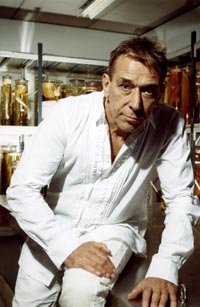

John Cale - Quotes
Over the years Cale has produced a wealth of artists.
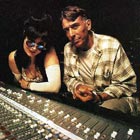
On producing
"I really love producing other artists. I love helping someone achieve his goals. I always try to approach it from the point of view, 'What would a Zen master do in these circumstances?' And that is not to give the artist a direct answer to all his questions, but to suggest a solution by other means. You've got to stick to what you believe in. It might be lucrative for me to work with a particular personality, but if I don't feel sympathetic to what he's doing, I'm just letting myself down. And you lose all your credibility if you do that."
"When you produce a band you bring something out in them. It's like being a Svengali. You've got to show them a side of themselves that makes them feel stronger and also makes an image engaging and rich enough for people to find variety in them."
- On producing the Happy Mondays
- On producing the Modern Lovers
- On producing Nico
- On producing Patti Smith
- On producing the Stooges
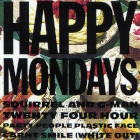
On producing the Happy Mondays:
"A very quick nightmare. I had just stopped drinking and everything else. The band complained that I was on a health kick and that all I did was sit around eating tangerines all day long."
"It was a black mark on me for not being the John Cale they thought they were going to get. But those sessions were full of folly. You know, Bez not being able to stand up straight even when he was sober. Seeing Bez try and play a tambourine was like watching a building collapse. It was very funny, but we got it all done."
***
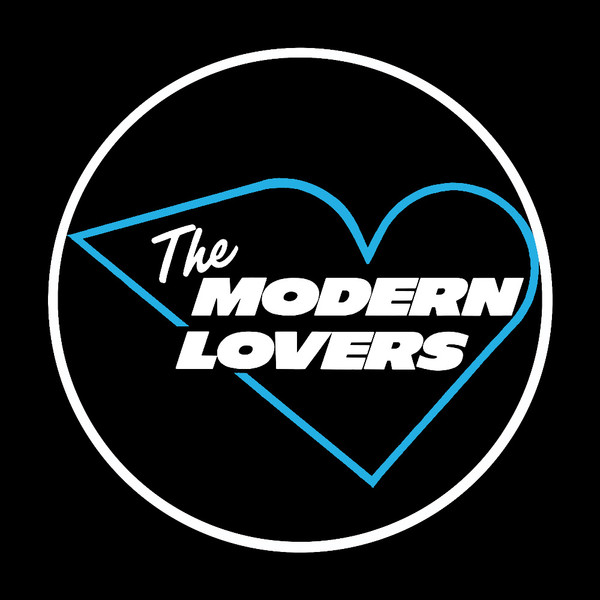
On producing the Modern Lovers:
"It was just rehearsed to death - that's not the way. I was picking at sores after a while... At the end, he didn't trust me and I don't know why, something happened, and that broek it with me. I thought: I don't why this is happening, but it's a painful. I'm going to leave ... It was shame, because I felt that there was such an innocence that was worth capturing, that was kind of unbelievable in a way."
***
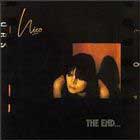
On producing Nico's albums:
The Marble Index
"We had only four days to make it, but luckily Jack Holzman at Elektra really understood that there was a very powerful sense of style involved here. It wasn't just throwing notes around."
Desertshore
"We were able to do more on Desertshore, getting a greater variety of sounds, but, ach, I don't know. I think The Marble Index has still more balls to it."
The End
"There was something uncanny about her sense of timing. I really noticed it when we did The End. I just didn't understand why the hell we were devoting so much track space to Jim Morrison."
***
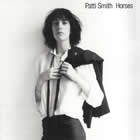
On producing Horses by Patti Smith:
"It was not clear what persona this record was going to have until I had her improvise against herself. At that point something clicked. There was a track she did where she read poetry against poetry and there were two lines going on and I had her mix it. When Clive Davis [head of Arista, the record label - HW] heard that, he said, 'Hey, you've got a collaborator.' And that's exactly the thing that made that record different. She was really a poet and you had to respect the fact that she was not a musician but out of sheer bravado and desire was making herself into a rock-and-roll singer and basically wanted to be Keith Richards. But I was awed that she had gotten all that input from Bob Dylan and Lou Reed to some extent. She had a Welsh Methodist idea of improvisation, in that it was like declamation. Lou was kind of psychological, but a lot of Patti's impulses came from preaching."
***
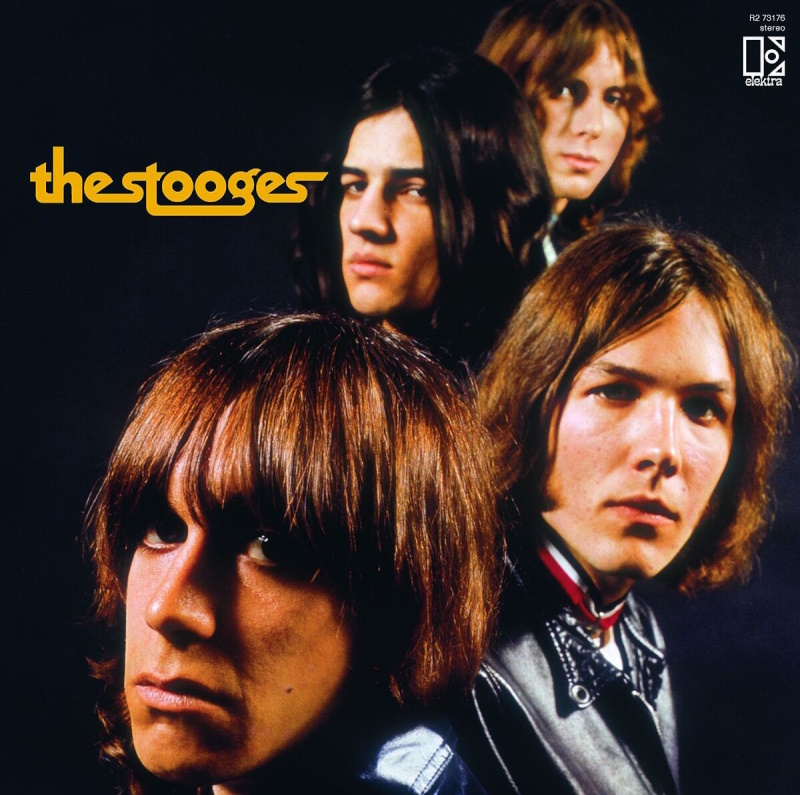
On producing the Stooges. Cale got the job through Elektra owner Jac Holzman:
"Jac took me to Detroit to see the MC5 recording live. The opening band was the Stooges... I fell in love with Iggy's character and personality as a performer. The challenge was to get that magic and impish behavior onto a record"
***